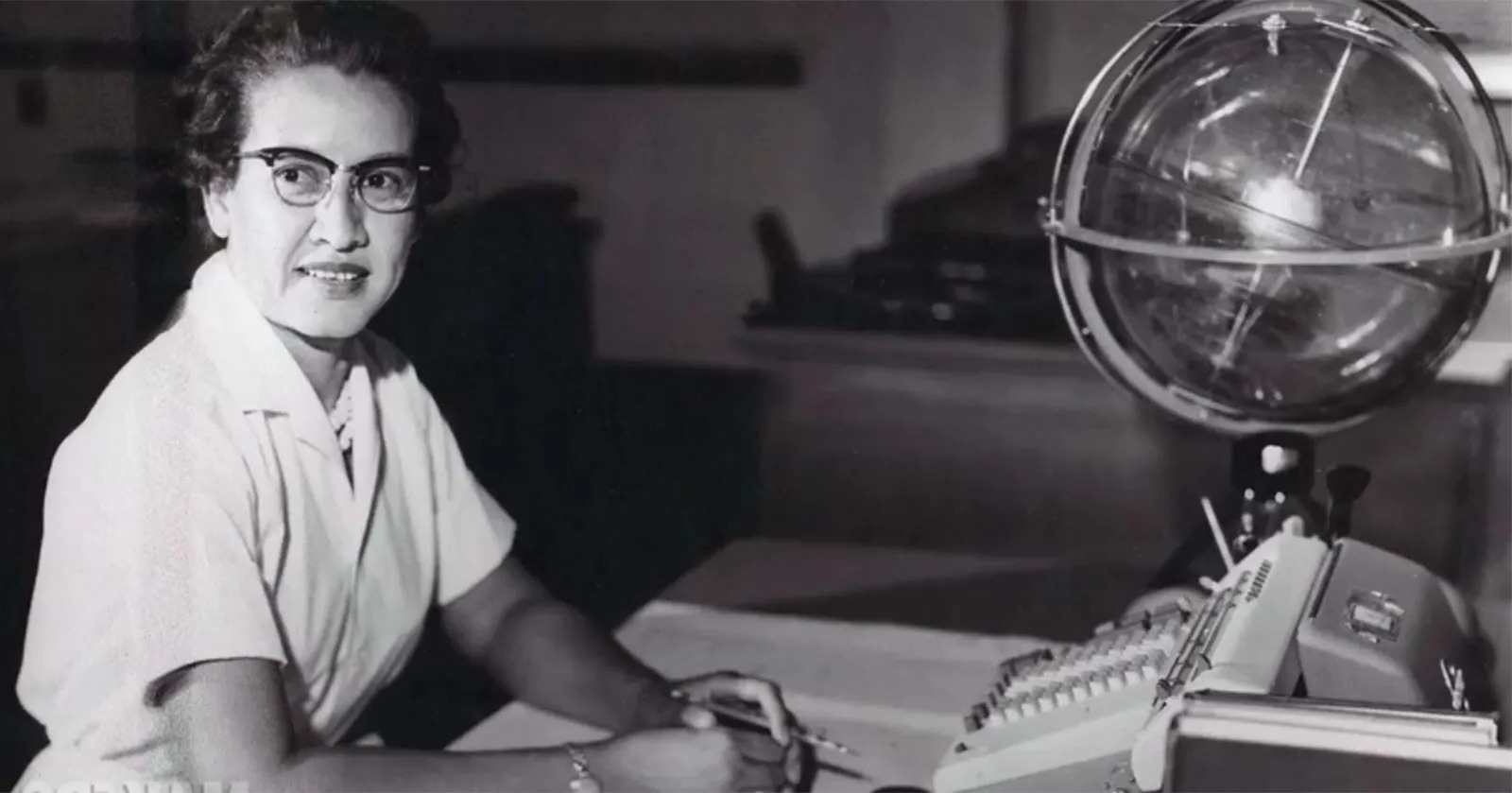
Ever wondered about the brains behind NASA's early success? Meet Dorothy Vaughan, a mathematical genius whose story is nothing short of inspiring. Dorothy Vaughan was a trailblazing African American mathematician who played a pivotal role at NASA during the space race. But what makes her stand out? Was it just her knack for numbers, or was there more to her story? Absolutely, there was! From breaking racial barriers to mastering complex computations that propelled the United States into a new era of space exploration, Vaughan's contributions were monumental. Her life was a testament to resilience, intelligence, and the power of education. Ready to get to know this remarkable woman a bit better? Let's dive into the world of Dorothy Vaughan and uncover some fascinating facts about her life and legacy.
Key Takeaways:
- Dorothy Vaughan was a trailblazing African American mathematician and computer programmer who broke racial and gender barriers at NASA, paving the way for future generations of scientists and engineers.
- Her expertise in FORTRAN programming and advocacy for education continue to inspire and influence modern computing, leaving an indelible mark on the fields of mathematics, computer science, and aerospace engineering.
Who Was Dorothy Vaughan?
Dorothy Vaughan was a pioneering African American mathematician and computer programmer who made significant contributions to the U.S. space program. Born on September 20, 1910, in Kansas City, Missouri, Vaughan moved to West Virginia at a young age. She excelled in her studies, particularly in mathematics, and graduated from Wilberforce University in 1929. Vaughan joined the National Advisory Committee for Aeronautics (NACA), which later became NASA, in 1943 during World War II. She was part of the West Area Computing unit, a group of African American female mathematicians who played a crucial role in the success of the U.S. space program.
- Dorothy Vaughan was the first African American woman to be promoted to a managerial position at NASA's predecessor, the National Advisory Committee for Aeronautics (NACA).
Dorothy Vaughan's Contributions to NASA
Throughout her career, Vaughan made significant contributions to the field of aeronautics and space exploration. She was an expert in FORTRAN, a high-level programming language that was crucial for early space missions.
-
Vaughan specialized in flight path analysis, contributing to the Scout Launch Vehicle Program, which helped launch America's first satellites into space.
-
Her work paved the way for future generations of African American scientists and engineers at NASA.
The Legacy of Dorothy Vaughan
Dorothy Vaughan's legacy extends beyond her mathematical and programming skills. She was a trailblazer who broke racial and gender barriers in a highly segregated America.
-
Vaughan retired from NASA in 1971 but continued to inspire others through her advocacy for education and equal rights.
-
In 2016, her story gained widespread recognition through the film "Hidden Figures," where actress Octavia Spencer portrayed her.
-
Vaughan was posthumously awarded the Congressional Gold Medal in 2019, recognizing her contributions to American history and space exploration.
Dorothy Vaughan's Impact on Education
Vaughan was not only a mathematician and computer programmer but also a passionate advocate for education, especially in science, technology, engineering, and mathematics (STEM) fields.
-
She often mentored young women and minorities, encouraging them to pursue careers in STEM.
-
Vaughan's work has inspired educational programs and scholarships designed to support underrepresented groups in science and engineering.
Vaughan's Role in Breaking Racial Barriers
Dorothy Vaughan's career at NASA was marked by her determination to overcome racial discrimination and promote equality within the workplace.
-
She played a key role in integrating the West Area Computing unit, leading to more inclusive policies at NASA.
-
Vaughan's efforts contributed to the eventual desegregation of NASA, making it a more equitable place for all employees.
Dorothy Vaughan and the Space Race
During the height of the Cold War and the Space Race, Vaughan's contributions were critical to the United States' efforts to surpass the Soviet Union in space exploration.
-
Her calculations and programming skills were instrumental in the success of several key missions, including the Mercury and Apollo programs.
-
Vaughan's work helped ensure the safe return of astronauts from space, solidifying her role in the history of space exploration.
Remembering Dorothy Vaughan
Dorothy Vaughan's story is a testament to the power of perseverance, intelligence, and the impact one individual can have on society and history.
-
Despite facing significant obstacles due to her race and gender, Vaughan's achievements have left an indelible mark on the fields of mathematics, computer science, and aerospace engineering.
-
Her life and work continue to inspire future generations to pursue their dreams, regardless of the challenges they may face.
-
Vaughan's legacy is celebrated in schools, universities, and institutions around the world, ensuring that her contributions to science and equality are never forgotten.
Dorothy Vaughan's Personal Life
Beyond her professional achievements, Vaughan was a dedicated mother and grandmother, balancing her demanding career with her family life.
-
She was married to Howard Vaughan, with whom she had six children, instilling in them the value of education and hard work.
-
Vaughan's family remembers her not only for her groundbreaking work but also for her warmth, wisdom, and encouragement.
Vaughan's Influence on Modern Computing
Dorothy Vaughan's expertise in FORTRAN programming laid the groundwork for future developments in computer science and software engineering.
-
Her work demonstrated the importance of programming in solving complex problems and conducting scientific research.
-
Today, Vaughan is recognized as a pioneer in the field of computing, with her contributions influencing the development of modern computer technology and programming languages.
A Final Nod to Dorothy Vaughan's Legacy
Dorothy Vaughan's story is more than just a collection of facts. It's a testament to resilience, brilliance, and the relentless pursuit of equality. Her contributions to NASA and the field of computer science have paved the way for generations of women and people of color in STEM. Vaughan wasn't just a mathematician; she was a pioneer who broke barriers and redefined what was possible for those who came after her. Her legacy teaches us the power of perseverance, the importance of mentorship, and the impact of fighting for inclusion in every space we occupy. Remembering Vaughan means celebrating the progress made and recognizing the work still ahead. Let's honor her memory by continuing to push boundaries, just like she did.
Frequently Asked Questions
Was this page helpful?
Our commitment to delivering trustworthy and engaging content is at the heart of what we do. Each fact on our site is contributed by real users like you, bringing a wealth of diverse insights and information. To ensure the highest standards of accuracy and reliability, our dedicated editors meticulously review each submission. This process guarantees that the facts we share are not only fascinating but also credible. Trust in our commitment to quality and authenticity as you explore and learn with us.


